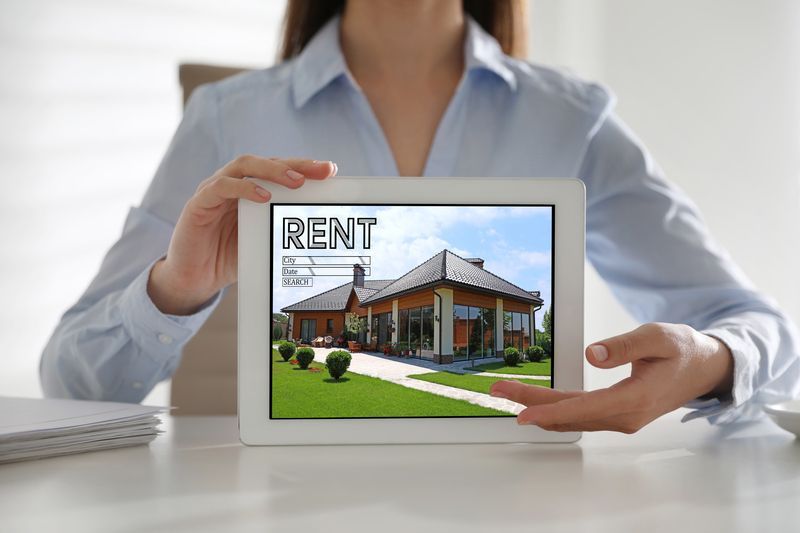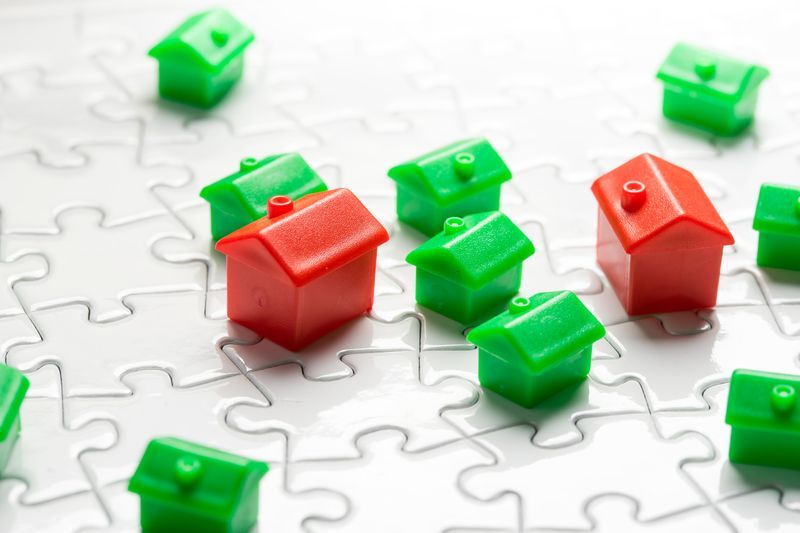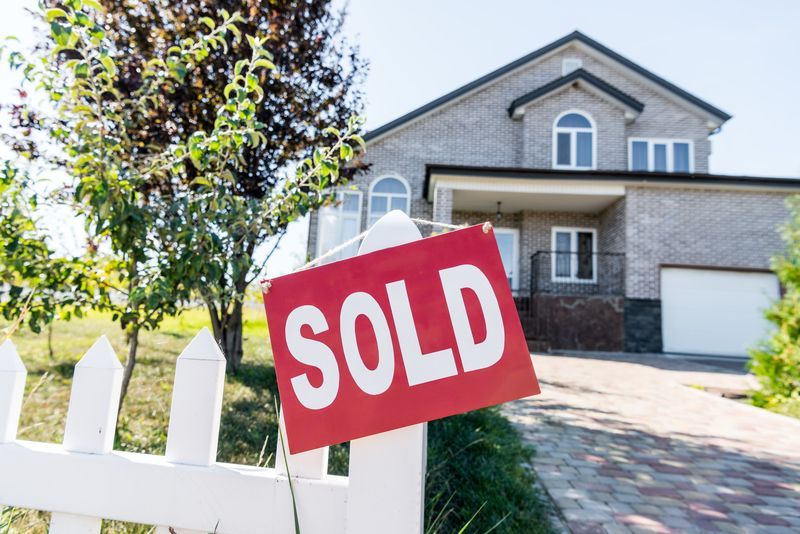Utah Rental Properties: A Guide to Profitable Investing

Utah’s rental market has consistently attracted attention from investors and prospective landlords due to its growth and the increasing demand for housing. The state's robust economy, coupled with its scenic landscapes and cultural offerings, make it a prime location for long-term rental investment opportunities. Recent trends show that the demand for rental properties is on the rise, partially driven by the influx of new residents and greater economic diversification.
When it comes to rental demand and pricing, statistical data indicates an upward trajectory in both urban and suburban areas. Cities such as Salt Lake City, West Valley City, and Provo have seen rent prices steadily increasing, particularly for multi-bedroom family residences. There’s a clear hunger for both apartment living and single-family homes, a dynamic driven by diverse demographic needs, from young professionals to growing families.
Compared with the national average, Utah’s rental market presents a unique profile. Strong employment growth, particularly in technology and education sectors, has created a healthy job market that outpaces many other states. This economic vigor translates into a greater ability to pay rent, which can lead to higher rental income for property owners. Rental rates in Utah, although rising, still offer competitive pricing compared to larger coastal markets, providing a middle-ground for both landlords and tenants looking for value.
Local attributes distinctive to Utah also have a notable influence on the rental market. The state's reputation for outdoor recreation, including national parks and ski resorts, is a powerful draw for both tourists and residents. High-performant school systems and a reputation for safety and family-friendliness enhance the appeal. These factors not only attract long-term residents who are looking for rental properties but increase the likelihood of high occupancy rates for landlords. Moreover, significant transport infrastructure improvements and community development initiatives have boosted local real estate markets, and by extension, rental market potentials.
Indeed, Utah’s unique combination of economic strength, rich culture, and lifestyle appeal makes it a promising landscape for those looking to build income through rental properties. These rewarding aspects, along with the outlined market trends and regional attributes, contribute to a dynamic environment for prospective landlords. Understanding the landscape is the first step towards capitalizing on the opportunities that Utah’s rental market has to offer.
Starting as a Landlord in Utah
Becoming a landlord in Utah starts with understanding the process and the rules that govern rental properties. Firstly, it's vital to comply with legal requirements, such as obtaining necessary business licenses and ensuring properties are up to code. Furthermore, familiarity with the Utah Fit Premises Act, which outlines landlords' obligations to provide safe and habitable living conditions, is essential.
When it comes to selecting properties, informed choices on location, type, and size can significantly impact profitability. Utah presents a diverse array of options from metropolitan apartments to suburban townhouses. Prospective landlords should consider the demographics of an area, the popularity among renters, proximity to amenities, and access to transportation. Studies suggest that variety in rental options corresponds with broader appeal across different tenant populations.
Familiarity with tenant laws is another crucial step for landlords. These regulations include understanding the rights and obligations regarding security deposits, lease agreements, and eviction procedures. Keeping abreast of these laws will not only protect your investment but will also ensure a fair and amicable relationship with tenants.
Many landlords contemplate whether to engage property management services. Professional managers can handle the day-to-day operations, from tenant screening to emergency repairs. While this can provide convenience and expertise, it also introduces additional expenses which need to be factored into your budget.
The Financial Side of Rental Properties
To assess the financial viability of rental investments, estimating potential income and expenses is essential. Rental income should exceed your costs, such as mortgage payments, to achieve positive cash flow. An analysis of the local market can provide guidance on competitive rental pricing while maintaining attractive profit margins.
Property ownership comes with an array of expenses, including regular maintenance, property taxes, and insurance. Outlining these costs will offer you a clearer picture of your annual financial obligations. The unexpected should also be considered; setting aside a fund for emergency repairs can prevent financial strain.
Mortgage rates can significantly affect your investment. With higher rates, monthly payments increase, narrowing the margin between income and expenses. Monitoring the financial market and understanding the implications of rate changes is important for maintaining profitability.
Tax benefits and deductions, such as depreciation and operating expenses, can offset some of the costs associated with rental properties. Keeping meticulous records and consulting with a tax professional can optimize the financial advantages available to rental property owners.
Investing in Utah’s real estate market as a landlord demands strategic planning and financial management. By delving into these initial considerations and fiscal factors, individuals can position themselves to cultivate a thriving source of passive income.
Tenant Relations and Property Upkeep
Successful rental property ownership in Utah depends not just on the properties themselves but also on effectively managing tenant relationships and maintaining the premises. Attracting and keeping reliable tenants requires a careful balance between thorough vetting and providing a welcoming environment. This involves not just adhering to fair housing laws in tenant screening but also responsiveness to tenant concerns and needs. Happy tenants are more likely to take care of the property and remain for longer terms, reducing turnover costs.
Regular property maintenance is a cornerstone of property management. Keeping a property in top condition not only satisfies tenants, but also prevents more significant, costly issues down the line. Consistent upkeep can help
retain property value and, in some cases, even enhance it, enabling landlords to command higher rents.
However, every landlord must be prepared for the occasional dispute or the need for eviction. Understanding the legal processes in these situations is vital and should be handled with professionalism and in strict adherence to Utah laws, which protect both tenant and landlord rights. In strategic cases, investing in renovations can significantly increase a property's rental and resale value, especially when focusing on areas most important to renters, such as kitchens and bathrooms.
Navigating Challenges and Setbacks
Landlords in Utah will unavoidably face challenges. Property damage, unexpected vacancies, and fluctuations in market rent can impact profitability. Acquiring a comprehensive insurance policy can mitigate these risks, while building a strong network with other real estate professionals can provide support and valuable insights.
As markets ebb and flow, landlords must remain adaptable. Creating a financial buffer to handle vacancies, and staying informed about market trends will aid in making informed decisions, such as adjusting rental prices or implementing value-add features to attract tenants.
Moreover, an economic downturn is a formidable test for any landlord. Notwithstanding the dips in the market, real estate remains a resilient investment category. With careful financial planning and a focus on long-term growth rather than immediate returns, landlords can preserve the profitability of their properties even during challenging times.
Building Long-Term Wealth through Rentals
Real estate investments in Utah present substantial opportunities for building wealth. Equity and property appreciation can amplify an investor's financial standing over time. Reinvesting equity from one property into another or utilizing refinancing options can expand a property portfolio and thereby increase potential income streams.
Knowing when to sell a rental property or when to hold and continue reaping the benefits of passive income is a crucial decision. This decision hinges on various factors, including market conditions, personal financial goals, and the performance of the property itself.
Utah offers a promising platform for landlords to build a stable, passive income through rental properties. With solid strategies for management and financial planning, along with a comprehensive understanding of the local market, investors can leverage the real estate sector for long-term income and wealth creation.
Are you ready to tap into the lucrative Utah real estate market and build lasting wealth through rental properties? Take the first step today and reach out to our team of experienced professionals who are standing by to help you navigate the landscape of investment opportunities.
Contact us now and let's unlock your potential as a successful landlord in Utah's thriving rental market.









